n8n (pronounced “n-eight-n”) is a self-hosted workflow automation platform built for flexibility and control.
It allows you to automate anything from sending alerts and syncing data to building integrations or managing cloud processes all through visual nodes.
Unlike SaaS automation tools, n8n gives you full data ownership and the freedom to host it on your preferred infrastructure, including LetsCloud.
Goals
This guide will help you:
- Install and configure n8n manually on a fresh Ubuntu 24.04 instance
- Understand the components involved (Docker, PostgreSQL, Nginx)
- Manage and secure your n8n instance for production readiness
- Learn how to deploy instantly using the LetsCloud One-Click Image
Requirements
Before installing, make sure your environment meets the following requirements:
| Requirement | Description |
|---|---|
| Operating System | Ubuntu 24.04 LTS (clean installation recommended) |
| Privileges | User with sudo access |
| Internet Access | Required for package installation and container downloads |
| Storage | Minimum 20 GB SSD (recommended 40 GB for workflows and logs) |
| Memory (RAM) | Minimum 2 GB, recommended 4 GB+ for production |
| CPU | At least 2 vCPUs |
| Domain (optional) | For HTTPS setup with Let’s Encrypt |
Step-by-Step Installation on Ubuntu 24.04
1. Update the System
$sudo apt update && sudo apt upgrade -y
2. Install Docker and Docker Compose
$$$sudo apt install docker.io docker-compose -y
sudo systemctl enable docker
sudo systemctl start docker
3. Install PostgreSQL
$$$$sudo apt install postgresql postgresql-contrib -y
sudo -u postgres psql -c "CREATE DATABASE n8n;"
sudo -u postgres psql -c "CREATE USER n8n_user WITH ENCRYPTED PASSWORD 'strongpassword';"
sudo -u postgres psql -c "GRANT ALL PRIVILEGES ON DATABASE n8n TO n8n_user;"
4. Create the n8n Docker Compose File
$$$sudo mkdir -p /opt/n8n
cd /opt/n8n
sudo nano docker-compose.yml
Paste the following:
version: "3"
services:
n8n:
image: n8nio/n8n:latest
ports:
- "5678:5678"
environment:
- DB_TYPE=postgresdb
- DB_POSTGRESDB_HOST=localhost
- DB_POSTGRESDB_PORT=5432
- DB_POSTGRESDB_DATABASE=n8n
- DB_POSTGRESDB_USER=n8n_user
- DB_POSTGRESDB_PASSWORD=strongpassword
- N8N_BASIC_AUTH_ACTIVE=true
- N8N_BASIC_AUTH_USER=admin
- N8N_BASIC_AUTH_PASSWORD=yourpassword
- N8N_HOST=your-domain.com
- N8N_PORT=5678
restart: always
Save and start:
$sudo docker-compose up -d
5. Install and Configure Nginx
$$sudo apt install nginx -y
sudo nano /etc/nginx/conf.d/n8n.conf
Add this configuration:
server {
listen 80;
server_name your-domain.com;
location / {
proxy_pass http://localhost:5678;
proxy_set_header Host $host;
proxy_set_header X-Real-IP $remote_addr;
proxy_set_header X-Forwarded-For $proxy_add_x_forwarded_for;
}
}
Restart Nginx:
$sudo systemctl restart nginx
6. Enable HTTPS with Let’s Encrypt (Optional)
$$sudo apt install certbot python3-certbot-nginx -y
sudo certbot --nginx -d your-domain.com
7. Configure Firewall
$$$$sudo ufw allow ssh
sudo ufw allow 80
sudo ufw allow 443
sudo ufw enable
8. Access n8n
Open your browser and go to:
http://your-server-ip/
Complete the setup wizard and start building your first workflows.
Troubleshooting
If n8n doesn’t start:
$$sudo docker ps
sudo docker logs n8n-n8n-1
Check PostgreSQL:
$sudo systemctl status postgresql
Verify Nginx:
$$sudo nginx -t
sudo tail -f /var/log/nginx/error.log
Backup and Restore
Backup your database:
$sudo -u postgres pg_dump n8n > n8n_backup.sql
Restore:
$sudo -u postgres psql -d n8n < n8n_backup.sql
One-Click Deployment with LetsCloud
If you don’t want to install everything manually, LetsCloud provides a ready-to-use n8n image, built with Packer and optimized for production.
Features
- Pre-installed n8n, PostgreSQL, Nginx, and Docker
- Automatic startup via systemd
- Ready for SSL/TLS setup
- Secure — no default credentials
How to Deploy
- Log in to your LetsCloud Dashboard
- Click Create Server
- Choose the n8n-24-04 image
- Select your region and plan
- Deploy — and start automating in minutes
Conclusion
Whether you prefer to build manually or use One-Click Deployment, n8n gives you the flexibility and control to automate your workflows with ease.
With LetsCloud, you can go from zero to automation in under five minutes.



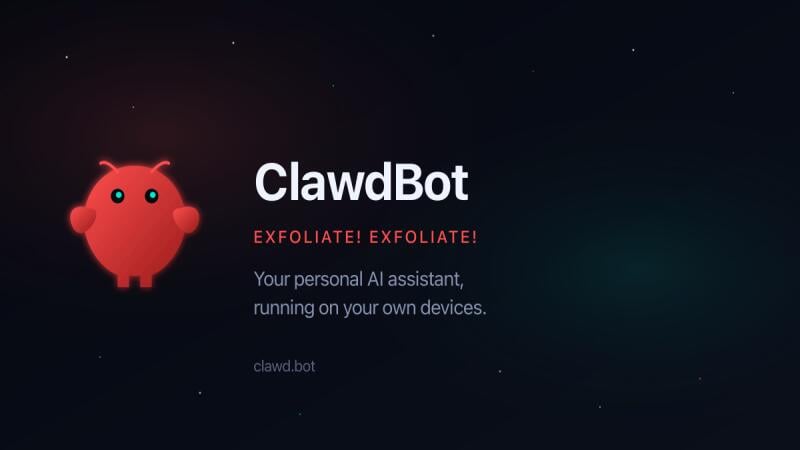
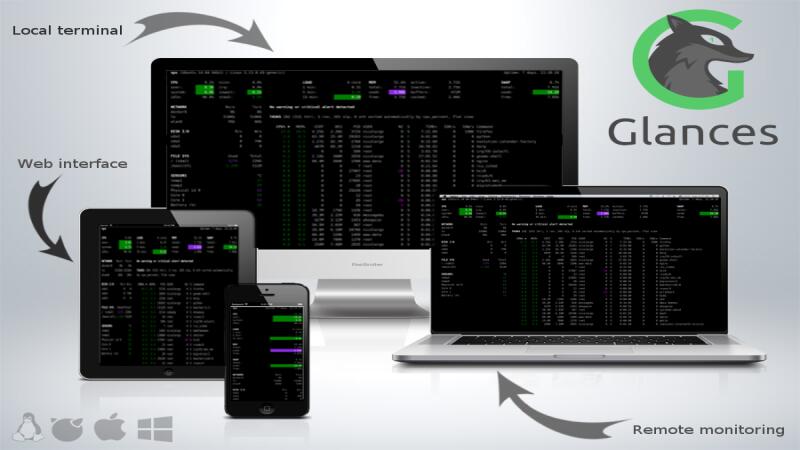
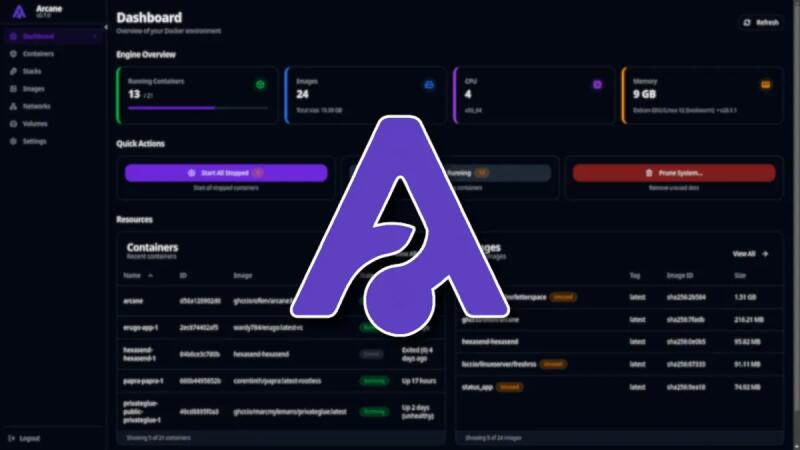
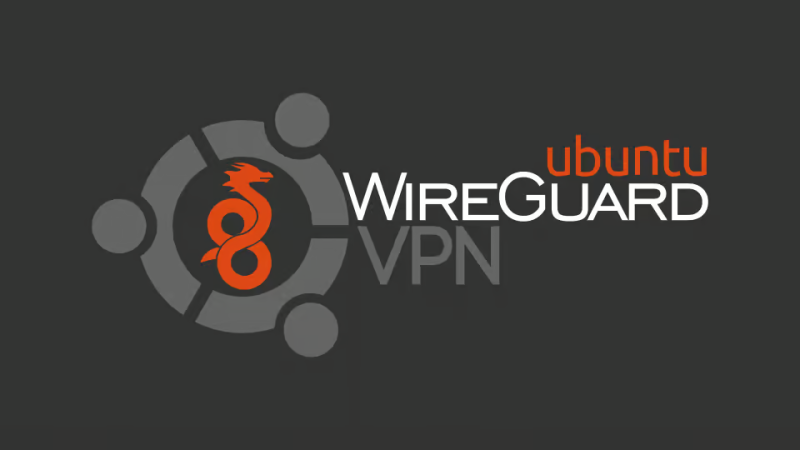
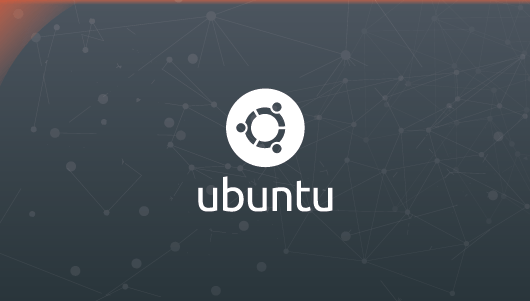
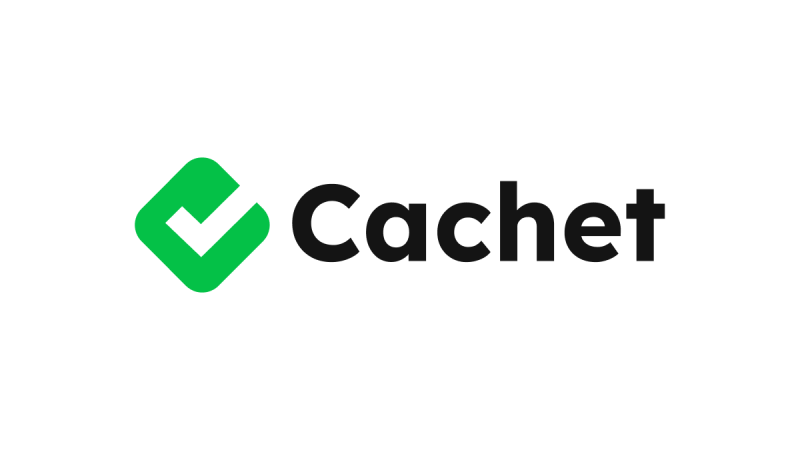
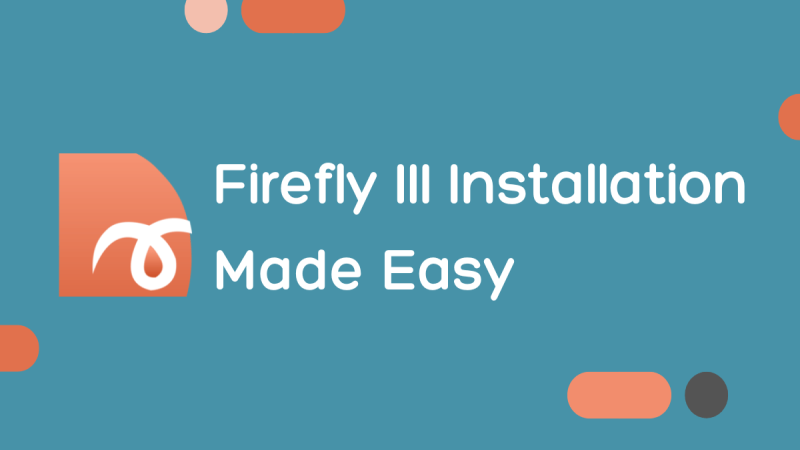
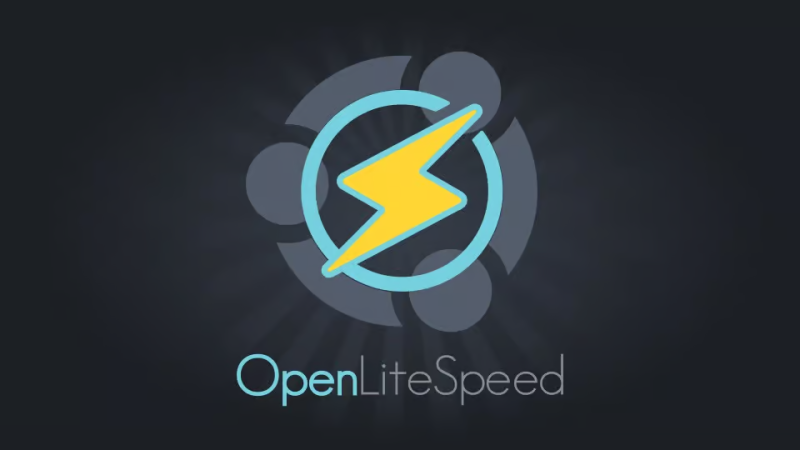
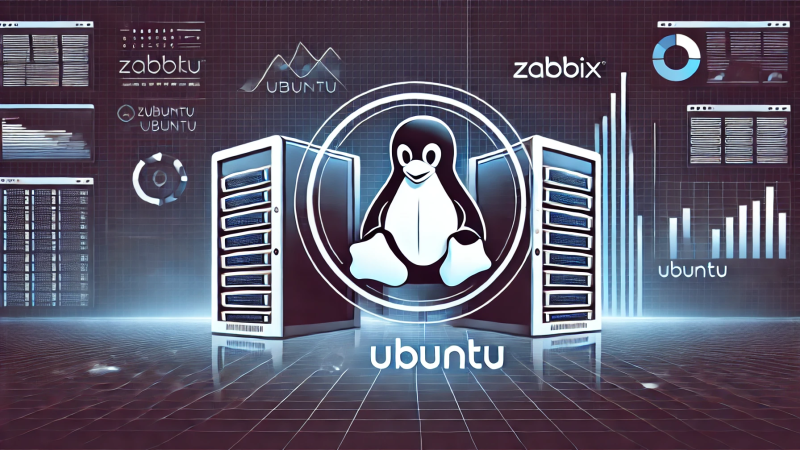
0 COMMENTS